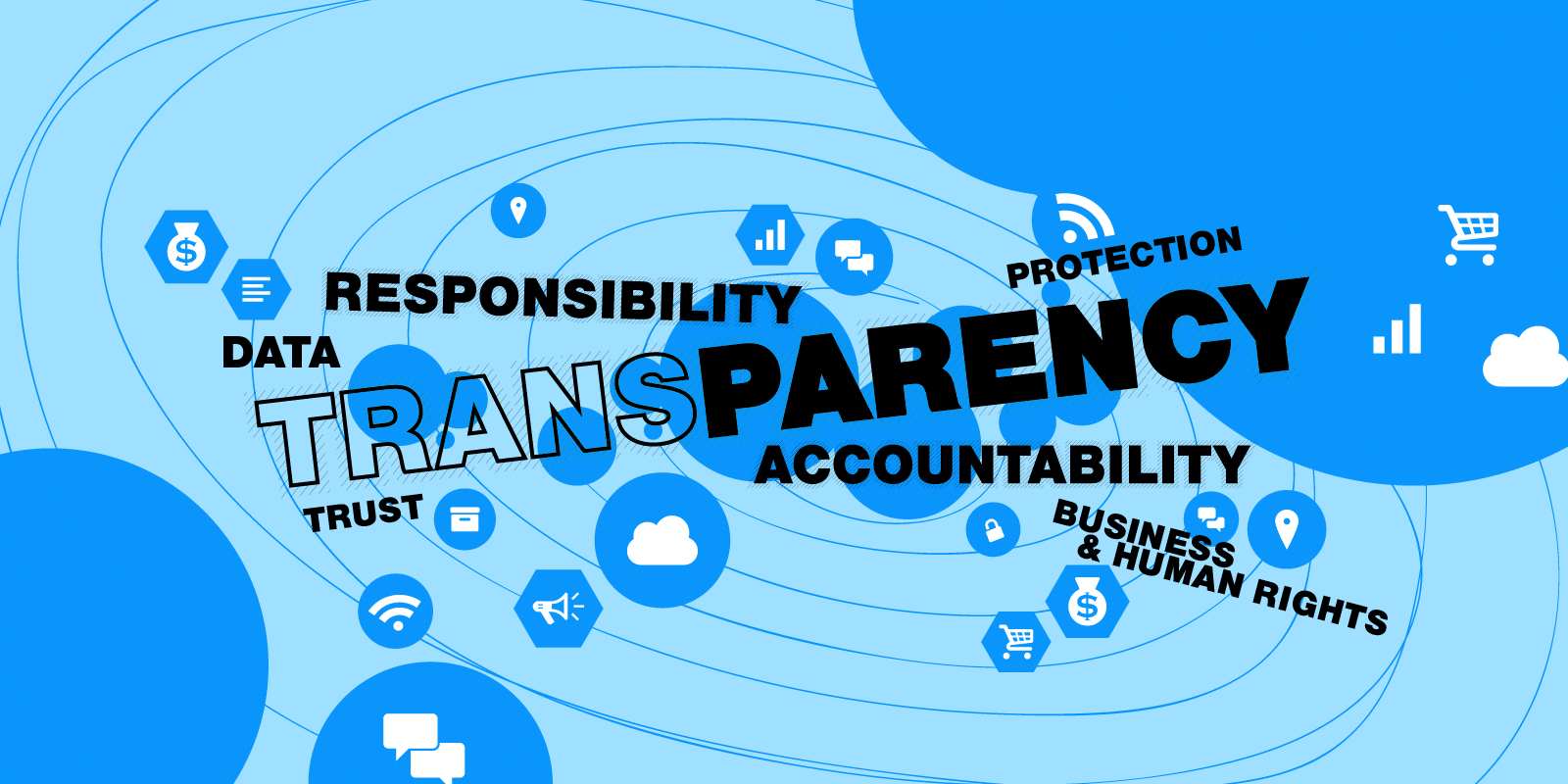UPDATE: January 21 — Access Now extended the deadline for Parler to respond to February 4. Since the letter was first written, Amazon Web Services dropped Parler due to “violent content” on its platform. Google and Apple, and other vendors, also suspended Parler from their app stores. Parler came back online on January 19, thanks to the support of Russian-owned tech firm DDoS-Guard.
Access Now is calling upon social media platform, Parler, for transparency on how its policies affect human rights — particularly around disinformation, misinformation, hate speech, and other practices that impede informed discourse and public safety.
As Twitter and Facebook worked to curtail disinformation and misinformation throughout the 2020 U.S. election and its aftermath, Parler’s non-existent approach to curtailing misinformation and disinformation attracted millions who flocked to the emerging social media platform, amplifying its role in shaping public discourse.
Parler is quickly building a reputation as a safe-haven for right-wing extremists and conspiracy theorists, and recent reports have detailed racism, extremism, and anti-semitism across the platform. Users reportedly exploited its lax Community Guidelines to call for violence and share information that helped terrorists storm the Capitol.
“Parler is growing exponentially, but it provides little information on how it protects and respects users’ data and rights, or how it fights potentially deadly disinformation, hate speech, or the targeting of individuals,” said Isedua Oribhabor, U.S. Policy Analyst at Access Now. “The role that Parler played in enabling the events in the U.S. Capitol only underscores the urgency for the company to uphold its own supposed commitment to transparency. We challenge the social media platform to make its policies public, and it should place human rights and open discourse at its core.”
Very little is known about the platform’s approach to ensuring the privacy and safety of its 10 million-plus users, and non-users impacted by conversations facilitated on the platform. The increasing demand for its services also makes it a target for third parties seeking personal data and sensitive information.
Through an open letter, Access Now is calling on Parler to regularly make public the following content control practices, in addition to data protection policies:
- Policies on how Parler combats disinformation, misinformation, and hate speech;
- Statistics on enforcement of Community Guidelines and Terms of Service, including the number of accounts that have been restricted or removed due to violations;
- Policies on notice to users before their content or accounts are restricted or removed due to violations of Community Guidelines or Terms or Service; and
- Processes, if any, through which users can appeal decisions or actions taken on their content or accounts and policies.
Periodic reporting is one of the strongest ways for technology companies to disclose threats to user privacy and free expression, as reflected in Access Now’s Transparency Reporting Index.
